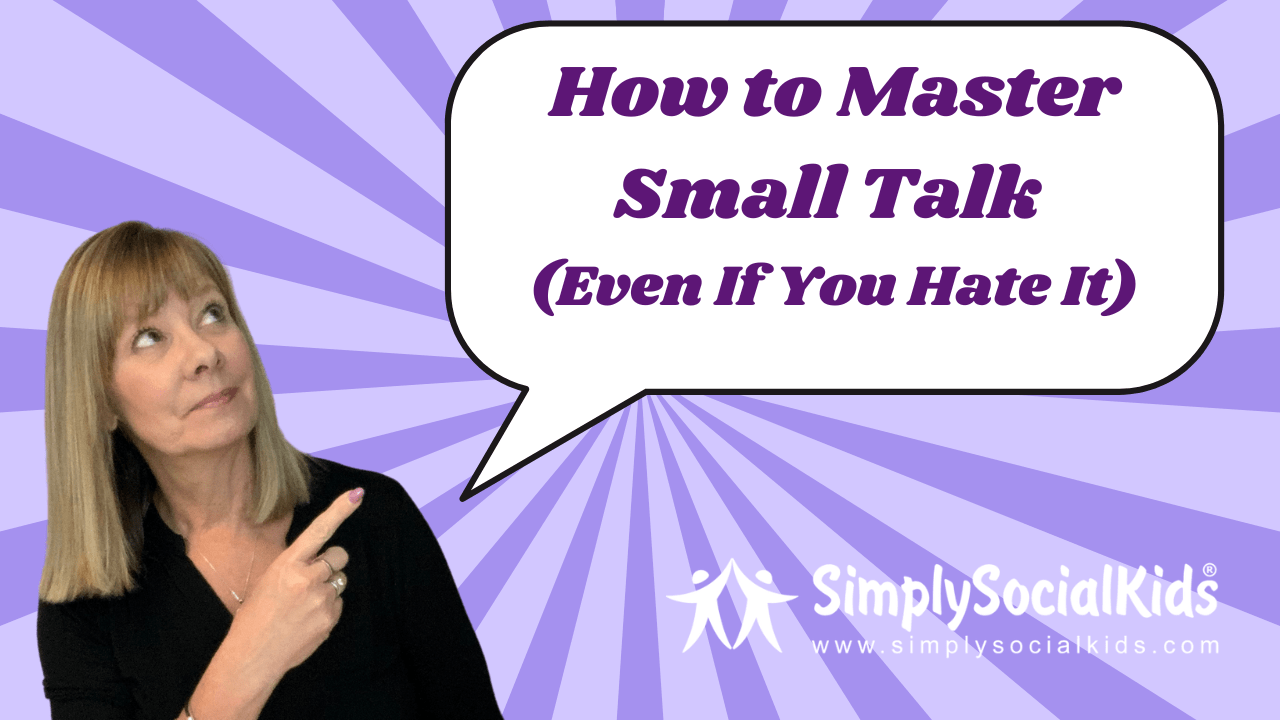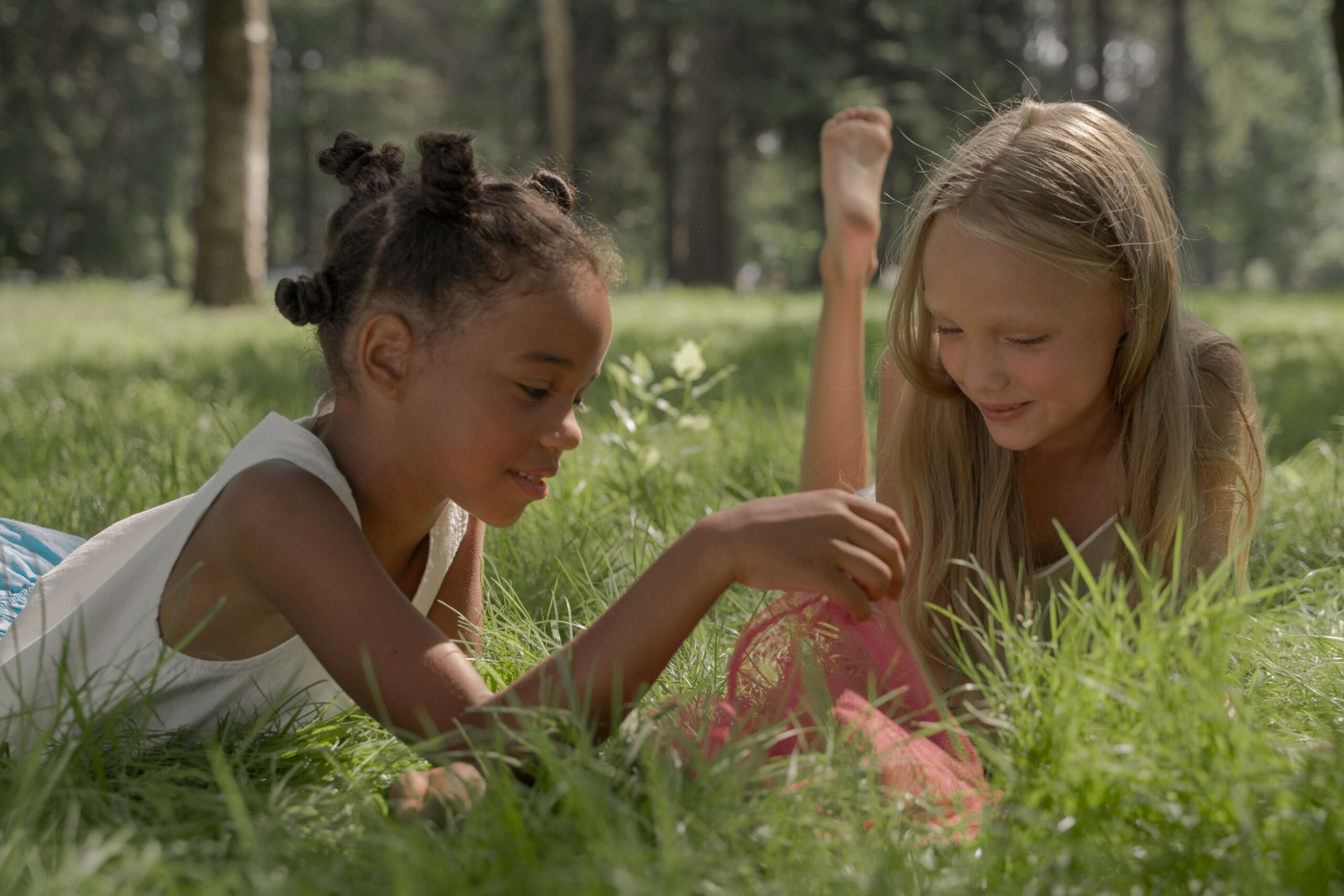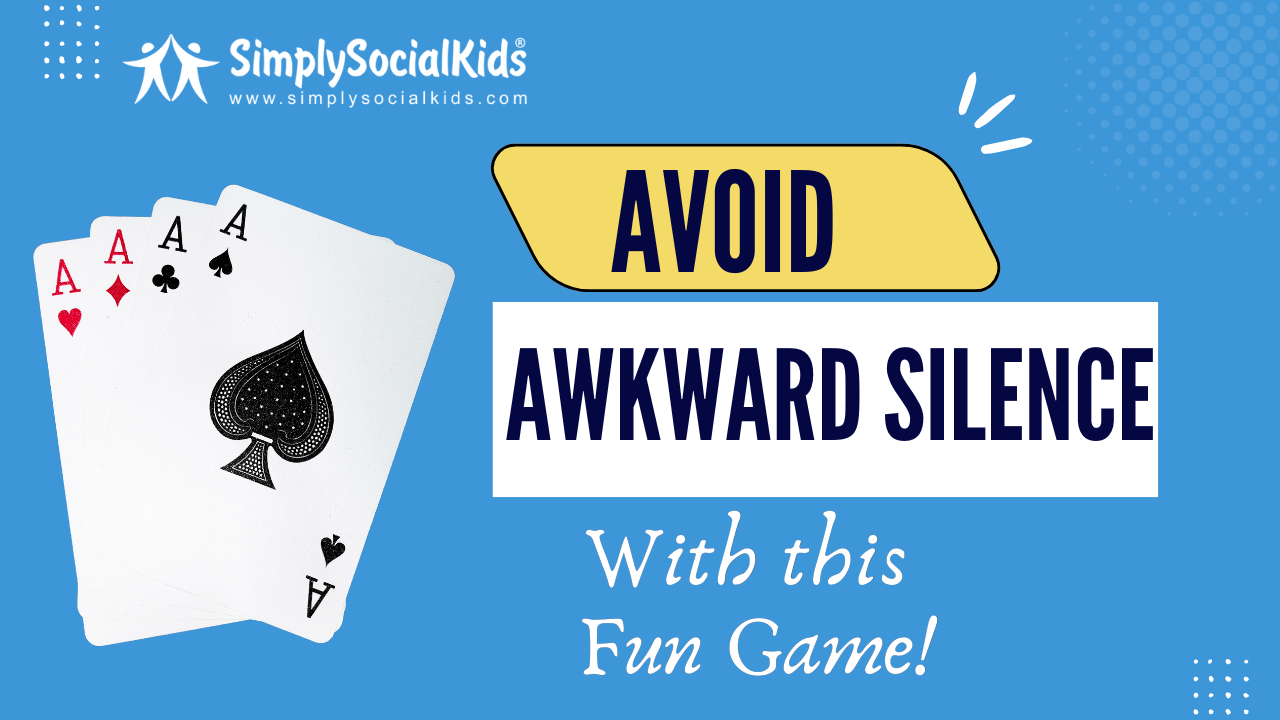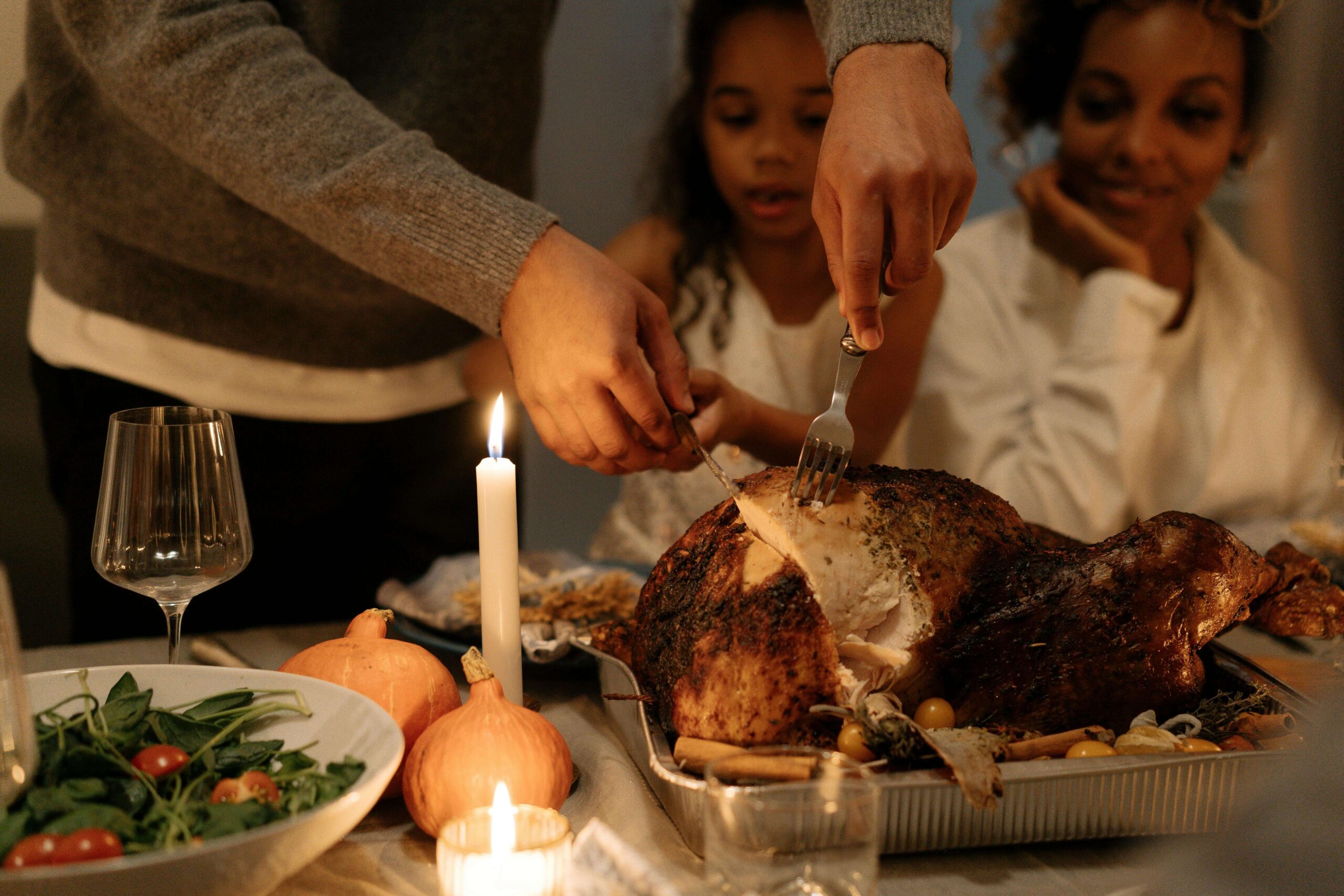

Summer is upon us! This stretch of time, without the regular demands of school, can provide a great break for kids. It’s also a time when kids might not have daily socializing built into their day like during the school year. Kids get excited for summer but if they don’t have enough friends or social opportunities, they might end up feeling lonely or disappointed.
As the summer months approach, parents will tell me:
“I listen to my child call everyone they know for a playdate and no one ever says yes. It’s so sad!”
“My child is always having other kids over but they never ask her over.”
“I feel like I can’t connect to other parents because their kids don’t have challenges.”
“The lack of structure and schedule is awful in the summer. My child is lost.”
Adding on the role of social director during the summer months can be a lot for parents and that adds to the stress. Here are some tips to help:
Creating a plan for how often kids will get together with others can help with organizing social time. I suggest having the family work together to figure out how many times a month feels right to socialize with people. The kids will then understand what the social expectations are for their down time. Kids who tend to be rigid thinkers will need to be reminded that a social plan is a rough outline for what the family has planned. This does not mean that if the family is invited over to a neighbors house for a barbeque that they shouldn’t go because it’s not on the plan. The plan can change as opportunities to socialize arise.
Many kids who have social struggles also have difficulty with planning. Executive functioning skills are needed to plan social time so parents might need to get involved in this aspect, even for teens. I encourage them to provide planning guidance, but don’t completely take over the planning. This is a skill that kids need to learn, so practice will help them to learn how to do it on their own in the future. Many have found our social event planning tool to be useful in working through the details
For new friends, I suggest that kids meet up in the community rather than having someone to their house for social time. Community outings create an opportunity for kids to hang out but they can leave when they feel ready to leave. Community socializing often provides a natural conversation topic as well. For example, if kids are playing miniature golf, they can comment on the difficulty of the shot or how they almost landed in the water.
Regardless of where the social time occurs, parents should try to listen for any issues that might pop up. Here is a list of some of the comments parents might hear if their child has social struggles.
| “Hey, it was my turn.” “No fair.” “Let’s play something else.” “Let’s do what I want now.” “I told you I’m not good at this.” “Ugh! You’re so annoying!” “Stop doing that.” “Quit it.” “Cheater.” “I want to play alone now.” | “You’re doing it wrong.” “I told you I was good at this.” “Oh man, you’re horrible at this!” “I’m going to win!” “You’re going to lose!” “Ugh! I hate this game!” “I’m bored.” “Are your neighbor’s home? Maybe we can play there?” “What time is my mom coming to get me?” |
If you hear any of the above, watch to see if the kids resolve the issue on their own before intervening. If it seems like things are going from bad to worse, it might be time to check in and say “How’re you guys doing? Is anyone ready for a snack?” If your child is the reason for the bickering, find a way to call him or her away from the friend so you can do some social coaching. Helping kids understand how to be a better friend can help in that moment. Try to refrain from any punishment or yelling because kids won’t learn from being yelled at and it will make them more anxious and upset when they return to their friend. Kids can often reset once they take a break and from the activity or game that is causing strife. An ice cream sundae or freshly baked cookies (they don’t need to be homemade; a tube of slice and bake is easier and has the same effect) can help to brighten moods.
By setting social expectations as a family, planning events that have a high chance of success, and listening for any signs of trouble, your family could have a very social summer. Just might need to stock up on those slice and bake cookies!
If your child/teen/young adult needs coaching to help them make friends, contact us to schedule a trial https://calendly.com/simplysocialkids/30min or find out more about our weekly programs by contacting us at 978-764-2758 or info@simplysocialkids.com.






